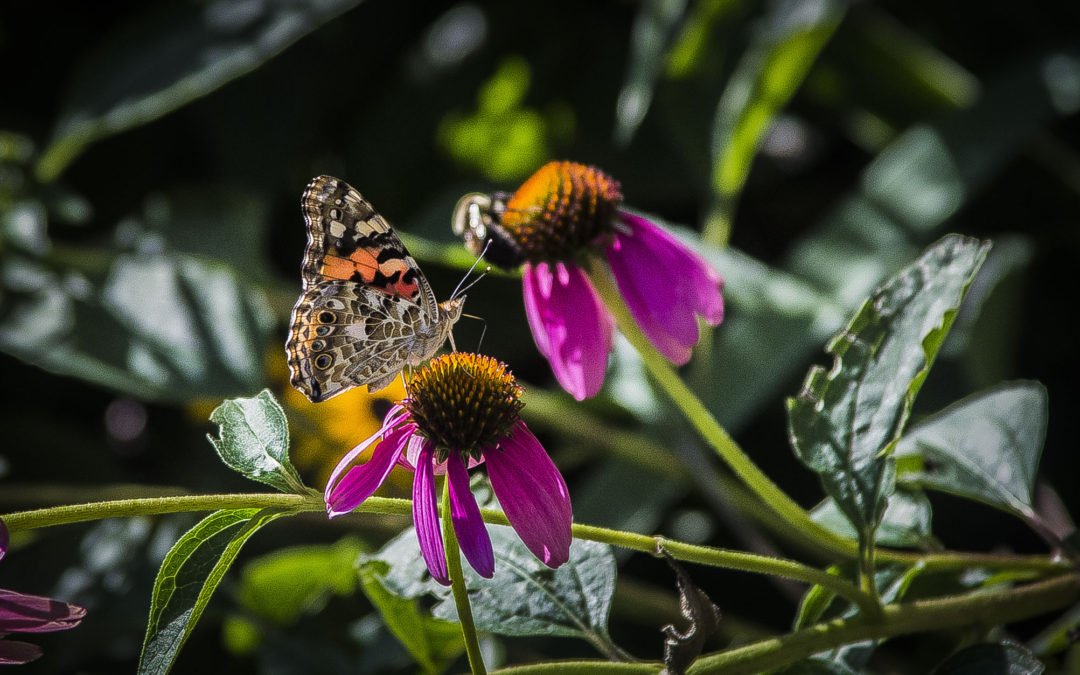Dear Friends,
I just finished reading a book by Alan Lightman who teaches at MIT. It is entitled, Probable Impossibilities, Musings on Beginnings and Endings. He is not a believer in God, but the book presents scientific and philosophical questions about what we know of the universe, of life, of the mind, and of things vastly larger and smaller than ourselves.
While he does not believe, some of the material he presents about the universe certainly helps me in my belief about God and our relationship to God. Let me give you a couple of examples for your summer reflections.
Speaking about life in the universe he says, “However, there’s another grander perspective from which life in the cosmos is rare. That perspective considers all forms of matter, both animate and inanimate. Even if all ‘habitable’ planets (as determined by Kepler) do indeed harbor life, the fraction of all material in the universe in living form is fantastically small. Assuming that the fraction of planet Earth in living form, called the biosphere, is typical of other life-sustaining planets, I estimate that the fraction of all matter in the universe in living form is roughly one-billionth of one-billionth. Here is one way to visualize such a tiny fraction. If the Gobi Desert represents all the matter flung across the cosmos, living matter is only a few grains of sand in that desert…We humans living on our one planet wring our hands about the brevity of our lives and our mortal restraints, but we do not often think about how improbable it is to be alive at all. Of all the zillions of atoms and molecules in the universe, we have the privilege of being composed of those very, very atoms that have joined together in the special arrangement to make living matter. We exist in that one-billionth of one-billionth. We are that one grain of sand in the desert.”
In dealing with the issue of time in our universe, he says, “The earliest time when we have a fair understanding of the universe was about a millionth of a trillionth of a trillionth of a trillionth of a second after the Big Bang…In sum, the evolving universe, as scientists believe they understand it, lasts for something like 82 powers of ten, while the era of life occupies only 3 powers of ten. Evidently, life in our universe is a flash in the pan, a few moments in the vast unfolding of time and space in the cosmos. For this writer, a realization of the scarcity of life makes me feel some ineffable connection to other living things, in a manner I have not experienced before…I am part of something rare and unique, never to pass this way again.”
Even though he does not believe miracles are possible, he does quote another scientist, Owen Gingerich, who teaches at Harvard, in saying, “I believe that our physical universe is somehow wrapped within a broader and deeper spiritual universe, in which miracles can occur. We would not be able to plan ahead or make decisions without a world that is largely law-like. The scientific picture of the world is an important one. But it does not apply to all events.”
Not a believer, but still a man touched by things greater than himself, he concludes the section on miracles thus, “My wife and I spend summers on a small island in Maine, far from any town. At night, the skies are quite dark. Sometimes, when there is no wind blowing and tidal flow is small and the ocean is very still, I can see the reflection of the stars on the water. At such moments, the water looks like a dark carpet with a million tiny sparkles of light, which gently bob and ripple with each passing wave. Even though I know all the science, I am totally mesmerized and awed. For me, that is miracle enough.”
You, too, are part of something rare and unique, never to pass this way again. These summer days, allow yourself to be mesmerized and awed. Maybe that is miracle enough.
Peace,
Fr. Damian



